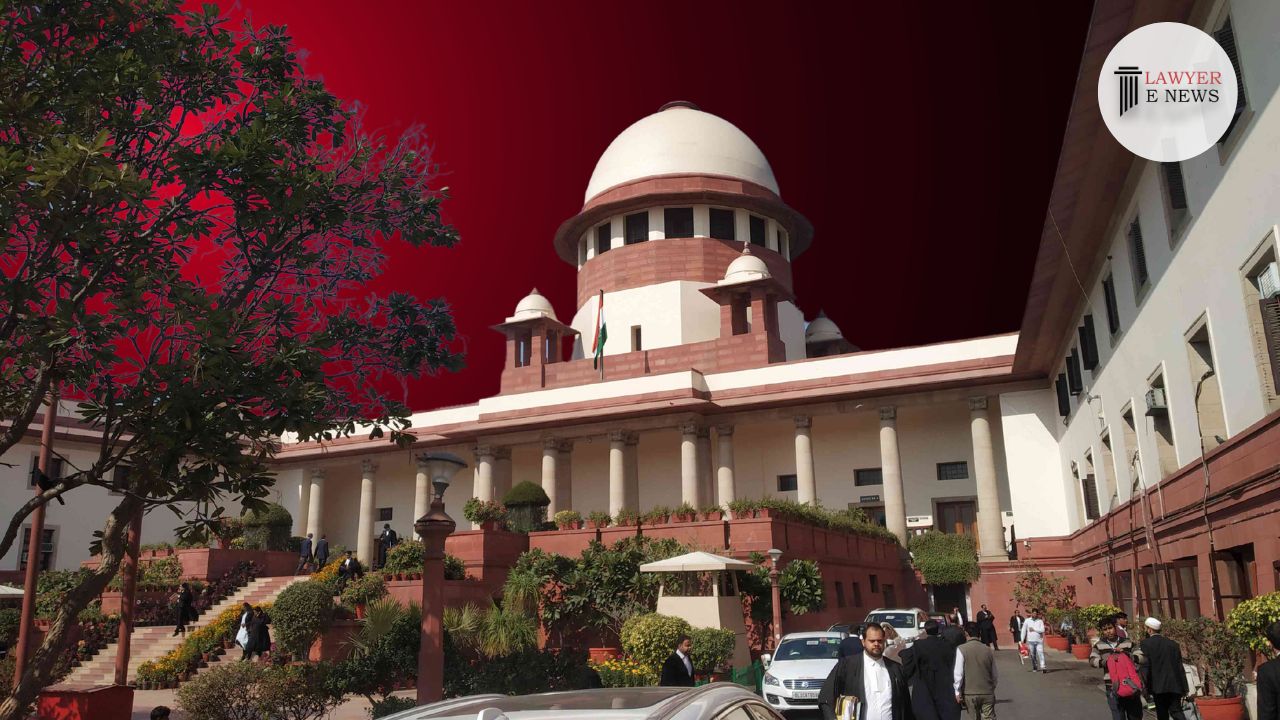-
by Admin
15 February 2026 5:35 AM



In a landmark judgment, the Supreme Court today overruled the majority decision in the PV Narasimha Rao case, holding that parliamentary privilege under Articles 105 and 194 of the Constitution does not extend to immunity from criminal prosecution for bribery related to legislative activities. The Constitutional Bench, led by Chief Justice Dr. Dhananjaya Y. Chandrachud, emphatically stated, "Bribery is not rendered immune under Article 105(2) and the corresponding provision of Article 194 because a member engaging in bribery commits a crime which is not essential to the casting of the vote or the ability to decide on how the vote should be cast."
The Court evaluated whether the parliamentary privilege under Articles 105 and 194 extends to immunity from prosecution for bribery in connection with a legislator's vote or speech. The judgment clarified that while the privilege protects freedom of speech and voting in the legislature, it does not cover criminal acts like bribery that are independent of legislative functions.
The appeal stemmed from a 2014 judgment of the Jharkhand High Court involving Sita Soren, a member of the Jharkhand Legislative Assembly, accused of accepting a bribe for voting in Rajya Sabha elections. The appellant claimed protection under Article 194(2), relying on the PV Narasimha Rao judgment, which the High Court rejected.
The Court meticulously assessed the scope of parliamentary privilege, emphasizing that "the privilege of the House, its members and the committees is neither contingent merely on location nor are they merely contingent on the act in question." The judgment highlighted the complete nature of the act of bribery upon acceptance or agreement to accept illegal gratification, irrespective of the performance of the promised action.
The Court assessed whether parliamentary privileges protect legislators from prosecution for bribery related to their speech or vote. The judgment emphasized that privileges should be intrinsically related to the functioning of the legislature. The Court observed, "An individual member of the legislature cannot assert a claim of privilege to seek immunity under Articles 105 and 194 from prosecution on a charge of bribery in connection with a vote or speech in the legislature."
The Doctrine of Stare Decisis and Reconsideration of Precedents: In overruling PV Narasimha Rao, the Court acknowledged the doctrine of stare decisis but noted that a larger bench can reconsider a decision in light of significant implications on public interest and parliamentary democracy. The judgment read, "The doctrine of stare decisis is not an inflexible rule of law. A larger bench of this Court may reconsider a previous decision in appropriate cases."
Bribery as an Independent Criminal Act: The Court highlighted that the act of bribery is independent of legislative functions and is complete upon acceptance or agreement to accept undue advantage. Justice Chandrachud stated, "The offence of bribery is made out against the receiver if he takes or agrees to take money for promise to act in a certain way. The offence is complete with the acceptance of the money or on the agreement to accept the money being concluded."
Rajya Sabha Elections and Article 194(2): The Court clarified that voting in Rajya Sabha elections by members of state legislatures falls within the ambit of Article 194(2). This was significant as it affirmed the need for free and fearless exercise of franchise in these elections as integral to the functioning of state legislatures and Indian democracy.
Justice Chandrachud observed, "The offence of bribery is complete on the acceptance of the money or on the agreement to accept money being concluded and is not dependent on the performance of the illegal promise by the receiver."
The Court decisively overruled the majority judgment in PV Narasimha Rao, stating that parliamentary privilege does not provide immunity from criminal prosecution for bribery in legislative functions. The interpretation of Articles 105 and 194 should align with the foundational principles of democracy and the rule of law.
Date of Decision: March 04, 2024
Sita Soren v. Union of India
